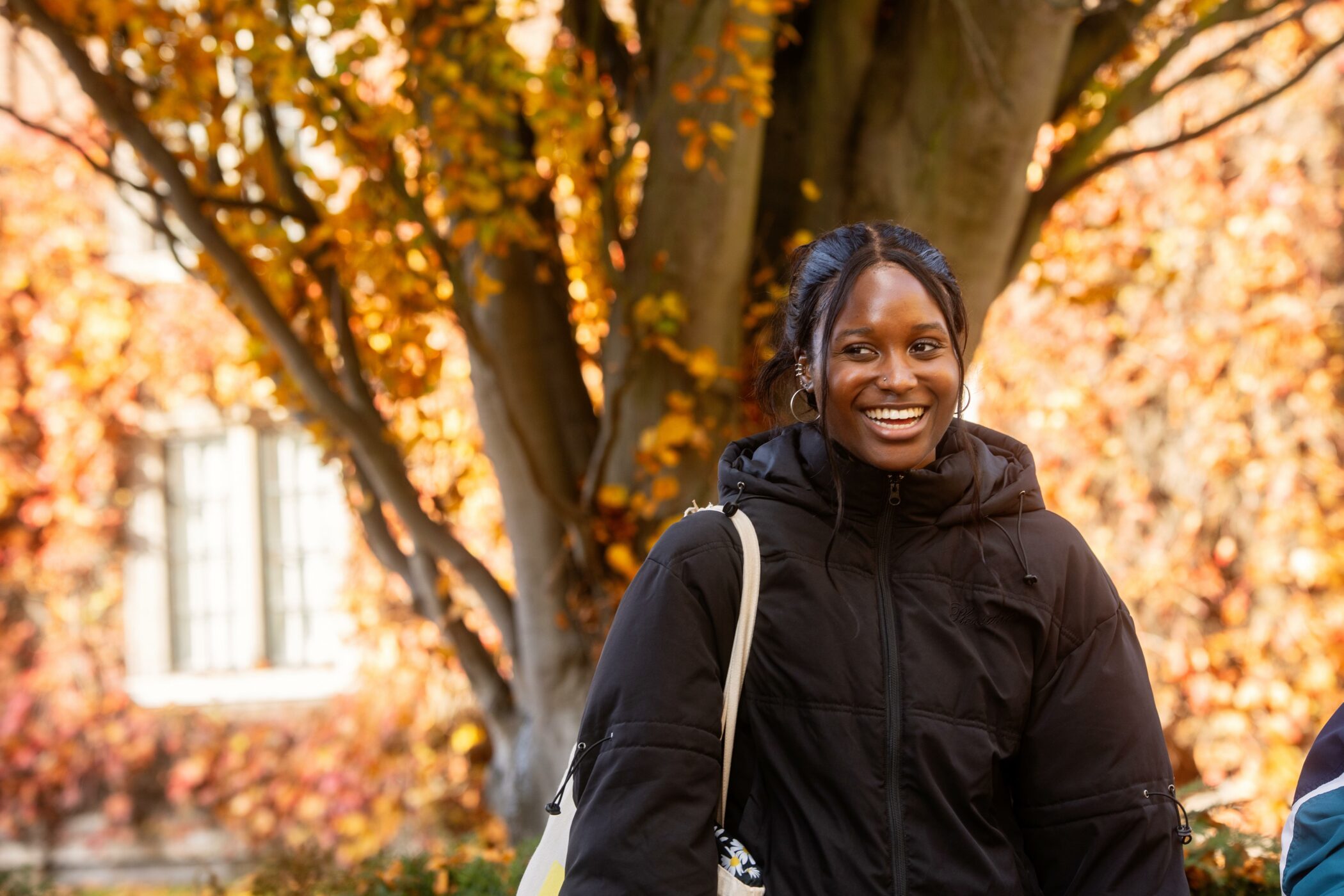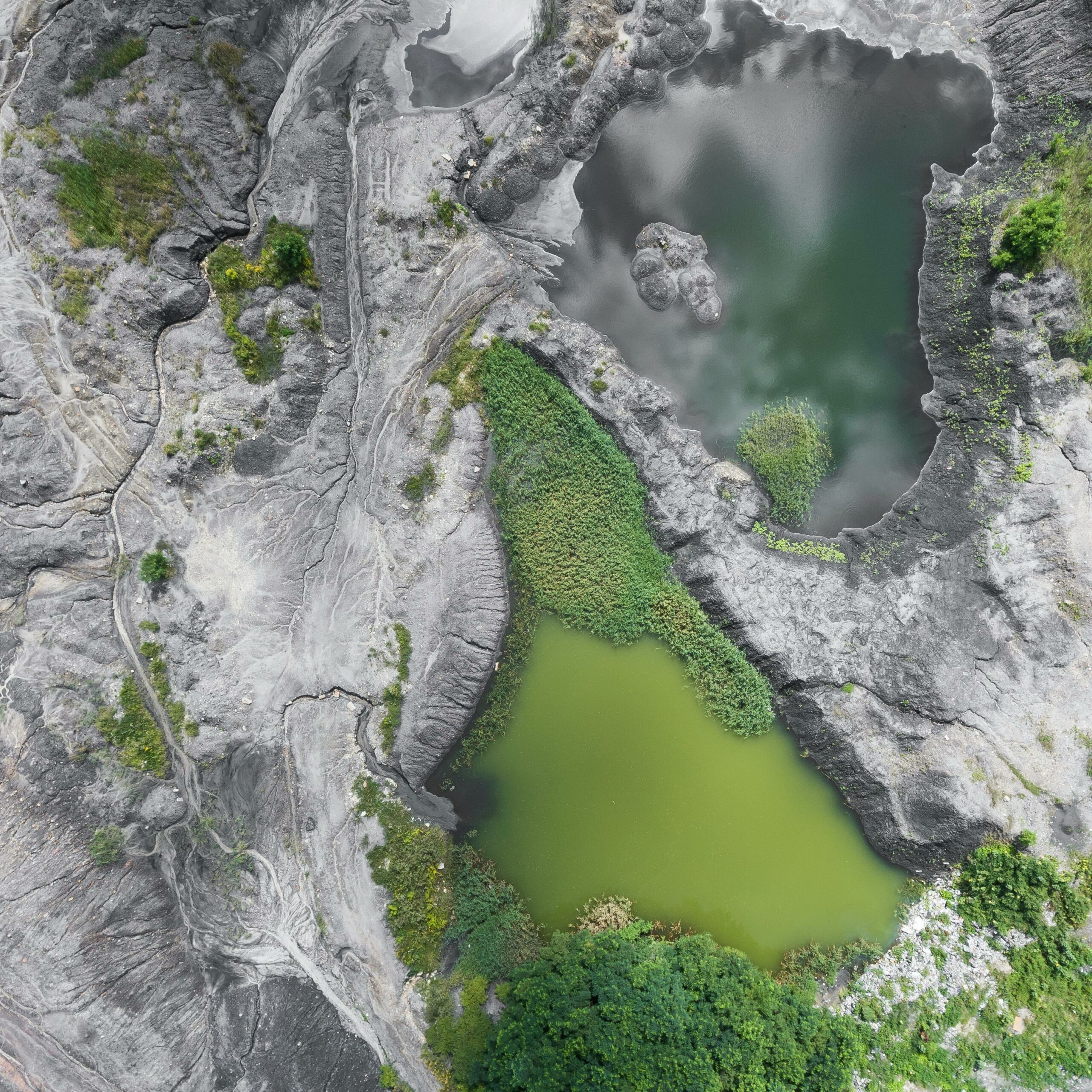Studying Geography at Cambridge
- UCAS Code: L700
- How many are admitted to Cambridge every year: 99
- Minimum offer: A*AA
- Essential subjects: None
- Useful subjects: Geography
If you are passionate to learn more about inequalities and injustices, whether social or economic, global, national or regional, and if you’re also interested in trying to understand how we tackle seemingly intractable environmental issues such as the extinction and climate crises, then Geography is for you. We delve deep into all these, and more.
Geographers gain critical thinking skills and at the end of their degree are skilled at theorising, and deconstructing ideas, at collecting and analysing data and at communicating complex information. At Cambridge, all first year students follow the same course (Part IA) to build on the varied backgrounds of our students; some come in with a more humanities and arts-based background while others have a more science-based background. We welcome both, equally, and also those who have not formally studied geography at school but allied subjects instead. In second year (Part IB), all students take a core paper, Living with Global Change, which is cross-disciplinary. In addition, students choose three other papers; their choice can be either physical or human geography or a mix of the two. This freedom to choose whether to specialise or not, extends to the third year (Part II) in which students choose any four papers. This flexibility means you do not have to decide, at the outset of your degree, whether you want to be a specialist in one area of the discipline or not. In addition to these papers, all students take courses in skills and methods: fieldwork, physical lab work, data analysis and how to communicate effectively, whether through writing, visualisation of data, giving presentations or perhaps creating podcasts or writing speeches.
The skills and methods teaching culminates in a third year, 10,000 word dissertation on a geographical topic of the student’s choice. Working with a supervisor, ideas are first developed in the second year. For many students, the dissertation is a highlight of their degree; it’s a chance to put into practice what they have learnt on a topic about which they are passionate. Fieldwork is also an integral part of the degree. In first year, it is introduced on day trips. In second year, all students are expected to attend a residential trip, while in third year it depends on which papers you choose.
Recent second year destinations have been to places like Berlin, Cornwall, Dublin, Gibraltar, Morocco, Norway and Spain. Trips are heavily subsidised, but students are asked to contribute a relatively modest cost, recently set at £150. If needed, financial assistance can be applied for (but is not guaranteed) through the College.
The degree is assessed by a mix of coursework and written examinations, plus the third-year dissertation. The balance of exams and coursework varies between the three different years, but in first and second year typically comprises a fifth to a third of marks contributing to that year’s result, with the remaining marks derived from end of year exams. In the third year the amount of coursework varies by paper. First year marks currently do not contribute to the overall degree class; this is derived from second year (30%) and third year (70%) marks.
What can I do with a degree in Geography?
A 2020-21 graduate employment report shows that geographers have some of the highest rates of full-time employment 15 months after graduation. Many geographers go on to professional careers, such as business, finance, human resources and teaching; others continue their studies, e.g., pursuing a Masters degree or PhD, or a PGCE or a law conversion course. Geographers often have a high social conscience and many of our graduates join the voluntary or not-for-profit sector. In other words, a degree in Geography opens up opportunities that you may not yet have thought of.
For more information, please visit the University Careers Service website at: Using your degree: Geography | Careers Service

Studying Geography at St Edmund’s College
The geography cohort at St Edmund’s is usually small but this does not matter. Lectures and practical classes take place in the Department and students quickly meet others on their course and make friends through studying together e.g. on field classes, in lab work and using the library or being in the Department’s Common Room. In addition to lectures, all students have supervisions for each paper. These are small group sessions, of usually 2-4 students, when you meet with a supervisor to dig deep into a topic. Supervisions usual require preparatory work, such as writing an essay or book review, or preparing for a presentation or discussion. Supervisions are a great way to meet new people as you aren’t always in the same groups. In the first year they are organised by your Director of Studies, while in the second and third years you sign up for these yourself. Almost always you will have supervisions with students from other colleges. The thought of supervisions can sound intimidating, but you are very well supported by study skills sessions, whether organised at St Edmund’s, working closely with your Director of Studies, or in the Department, which has a comprehensive induction programme. Even though you may feel underprepared at the start of your degree, you’ll learn about how to read academic texts effectively, how to make notes, how to construct arguments, how to write essays. And you will gain some of your best skills through working with others either studying the same subject as you at St Edmund’s or different ones; peer-to-peer support is enriching and fantastic.
Although historically there have not been many geographers in recent years, they have always made a vibrant contribution to College, getting involved in every sphere of college life from sports to music to helping in the community. They offer much to St Edmund’s and the College is also a great source of support to them, whether academically via their Director of Studies and supervisors, or from the education and wellbeing teams.
How to Apply
Applications for all courses are made through UCAS. You must apply by 15 October 2025 to be considered for entry in October 2026.
Assessment
Interview
Deferred entry
Affiliated students
What is a typical Term’s work
While no two weeks are the same, you can expect to have 7-8 lectures per week as well as three one-hour supervisions per fortnight. In the first and second years, you’ll also have practical classes and workshops most weeks. In addition to contact hours, you will also be studying independently, reading, writing, and preparing for supervisions. The Department believes that working towards the degree is similar to having a full-time job, albeit one with some flexibility around when you choose your time for independent study. There is an expectation that students attend lectures; the best learning is in-person and not online.
You will have support from supervisors and your Director of Studies, meeting your DoS at least three times a term in the first year. This may be more if your DoS is also supervising you. You will quickly get to know a small team of people in the first year as you settle into discovering more about geography.
People
- Professor Harriet Allen, Director of Studies
- Dr Charlotte Kenchington, Leverhulme Trust Early Career Fellow, Department of Earth Sciences


